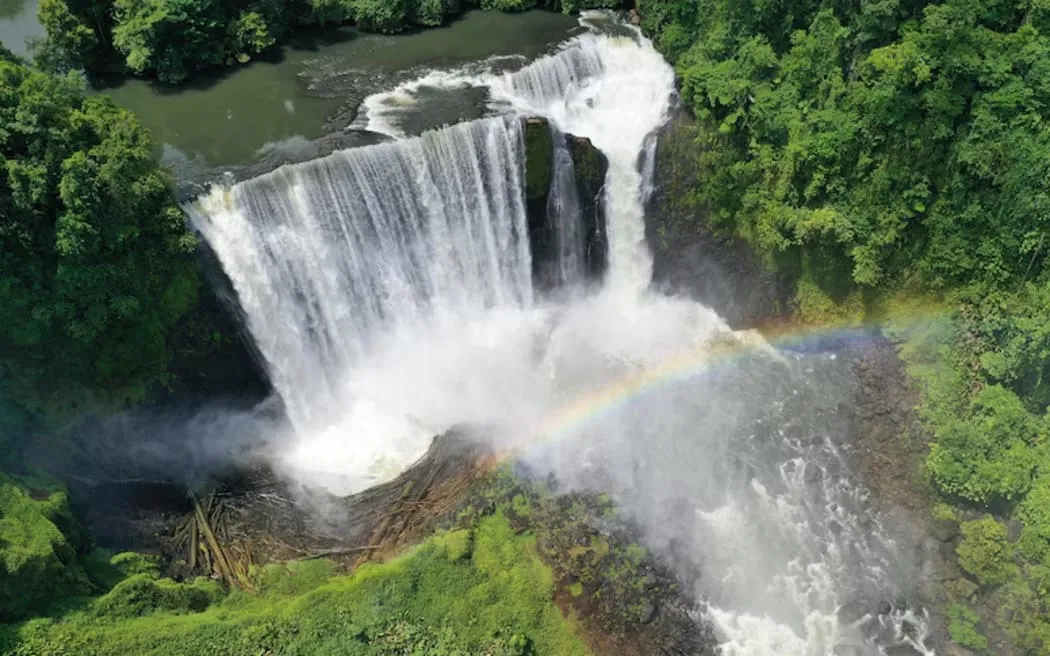The Papua New Guinea government has signed a $1.8 billion deal with Australian company Epoca to develop the Gre-Drimgas-Nomad Wawoi Falls Agro-Forestry Integrated Road Project, a massive infrastructure project that has sparked concerns over its potential environmental and social impacts.
The Deal and its Implications
The project, which is expected to span over 600 kilometers, will involve the construction of a road through some of Papua New Guinea’s last remaining pristine rainforests. The deal was signed in late October, with the PNG government committing to provide an initial 20 percent equity stake in the project.
However, advocates for environmental protection and local communities have raised concerns over the lack of transparency surrounding the agreement. Peter Bosip, managing director of the PNG-based environmental law firm CELCOR, said that there was a “lack of clarity” around the deal, which has not been made public.
“The Department of Commerce and Industry does not deal with road construction … it will deal with international business [but] not anything to do with logging or whatsoever,” Bosip said. “That sounds strange.”
History of Environmental Degradation
Papua New Guinea’s rainforests are some of the last remaining pristine habitats on the planet, but they have been under threat from environmental degradation and logging for decades. In 2011, a scandal emerged over the government’s handling of a logging deal with a company called Sumatra-based Asia Pacific Resources Development Company Ltd (APRDC).
APRDC was accused of bribing PNG officials to secure a logging permit in a protected area, which led to widespread protests and calls for greater transparency and accountability from the government. The scandal highlighted the need for stronger environmental protections in Papua New Guinea.
Concerns Over Community Impact
The project has also raised concerns over its potential impact on local communities. Governor Taboi Awi Yoto, who is central to the project negotiations, has stated that the project is a “homegrown” initiative designed to “change the way forestry operations have been happening in Western Province”.
However, critics argue that the project will benefit foreign investors and logging companies at the expense of local communities. Former PNG prime minister and current opposition member Peter O’Neill said that the project was not aimed at providing services or uplifting the standard of living for Papua New Guinea’s people.
“It is certainly not a sort of development that is aimed at providing services and uplifting [the] standard of living for our people,” O’Neill said.
Call for Greater Transparency
Advocates are now calling for more information about the $1.8 billion Epoca deal, which was signed in late October. The PNG government has committed to providing an initial 20 percent equity stake in the project, with the potential for this share to increase to 51 percent after 25 years.
However, critics argue that greater transparency is needed to ensure that the project is being managed in a responsible and sustainable manner. Bosip said that there was a “lack of clarity” around the deal, which has not been made public.
“A detailed investigation into this project will certainly reveal who’s making money out of it,” O’Neill said.

0 Comments